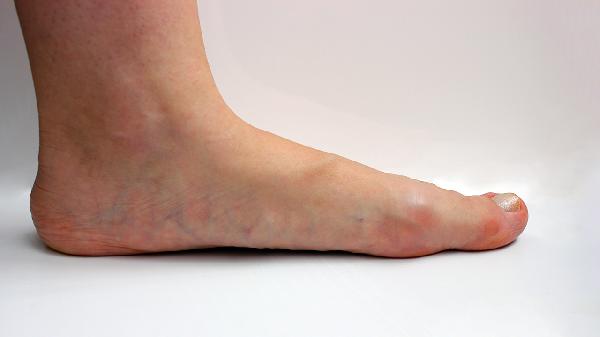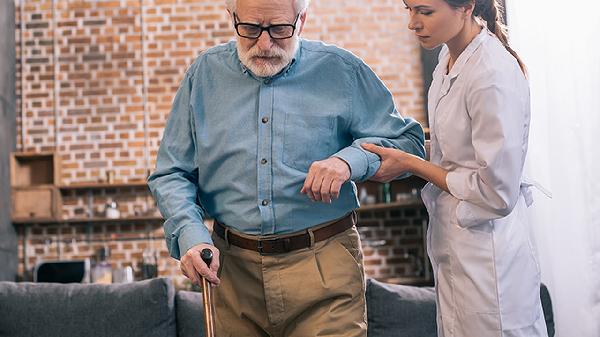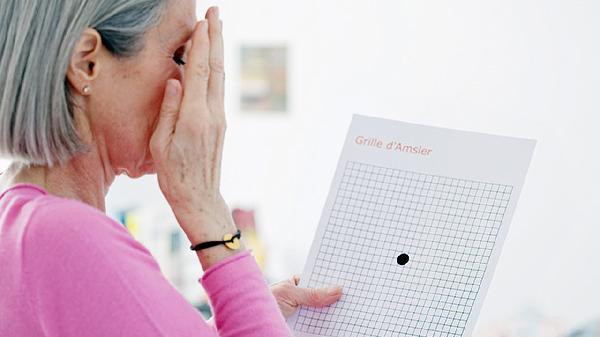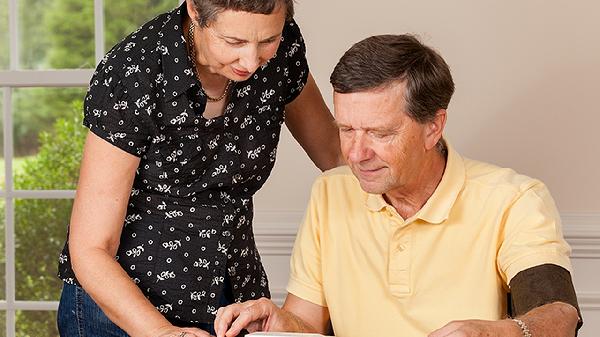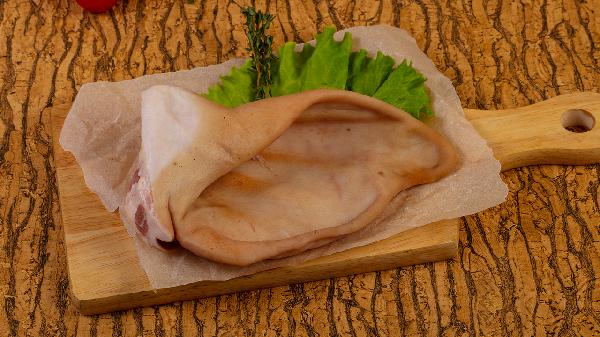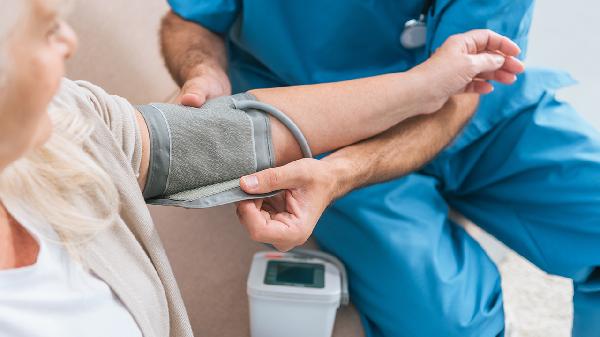As we age, our sense of taste gradually declines, and we become less sensitive to the aroma of food. Additionally, our digestive function weakens, leading to a decrease in appetite. Over time, the inability to absorb nutrients from food can make the body even weaker. When elderly people lose their appetite, it’s important to address it promptly. Here are some methods to try:
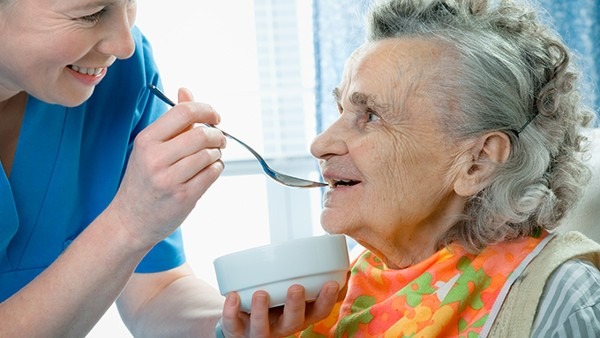
How to Improve Appetite in the Elderly?
1. Maintain Oral Health
Oral health affects overall health. Keeping your teeth healthy can stimulate appetite and prevent dental issues. Elderly individuals should develop the habit of brushing their teeth morning and night, and consistently use dental floss to remove food particles between teeth. Get a professional cleaning every six months and an oral checkup once a year.
2. Stay Calm and Positive
Elderly people should maintain an optimistic outlook and a happy mood, avoiding unnecessary worries. A positive mindset is the foundation of good health and can also stimulate appetite. Keeping a regular schedule and participating in outdoor activities can promote stomach emptying, sending hunger signals to the body and boosting appetite.
3. Supplement with Adequate Nutrients
Eat more zinc-rich foods, as zinc promotes metabolism and stimulates taste bud development. Foods like lean meat, legumes, peanuts, and eggs can enhance taste perception, improve appetite, and boost taste sensitivity.
4. Protect Your Teeth
If dental issues arise, seek treatment at a reputable hospital promptly. If teeth are lost, they should be restored immediately. Chew food thoroughly before swallowing, and eat slowly to maintain normal oral chewing function. This ensures that taste buds fully interact with food, stimulating appetite.
5. Eat Foods That Aid Digestion
Most elderly people experience reduced digestive function, leading to issues like indigestion or bloating. Choose foods that strengthen the spleen and aid digestion, such as tangerine peel or hawthorn, to regulate digestive function. To boost appetite, try eating these foods 30 minutes before meals.
6. Drink More Soups
Soups, compared to solid foods, can better stimulate the sensitivity of taste buds to food. Elderly individuals should ensure their meals are at a moderate temperature, around 20~25°C, to provide adequate stimulation to taste buds. Reduce the intake of greasy and cold foods, as they can increase stomach coldness, lower body heat, and reduce appetite and physical strength, impacting overall health.
Reminder
Elderly individuals should maintain an optimistic attitude and a happy spirit, paying attention to mental hygiene during meals. Avoid discussing unpleasant topics while eating, quit smoking and drinking, and maintain a regular daily routine. Drinking a cup of tangerine peel tea or hawthorn juice 30 minutes before meals can stimulate appetite. Take a 20-minute walk after each meal, massaging your stomach while walking to promote gastrointestinal blood circulation and stomach acid secretion, enhancing digestive function.
